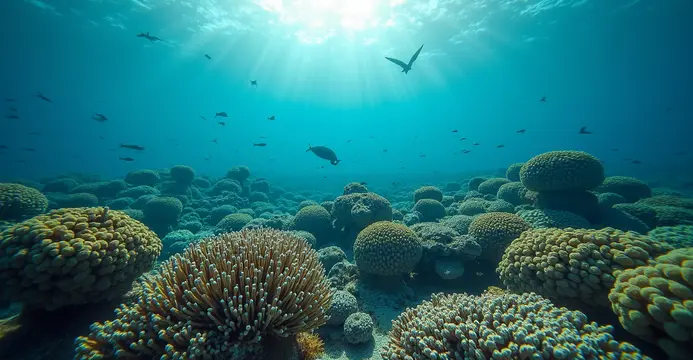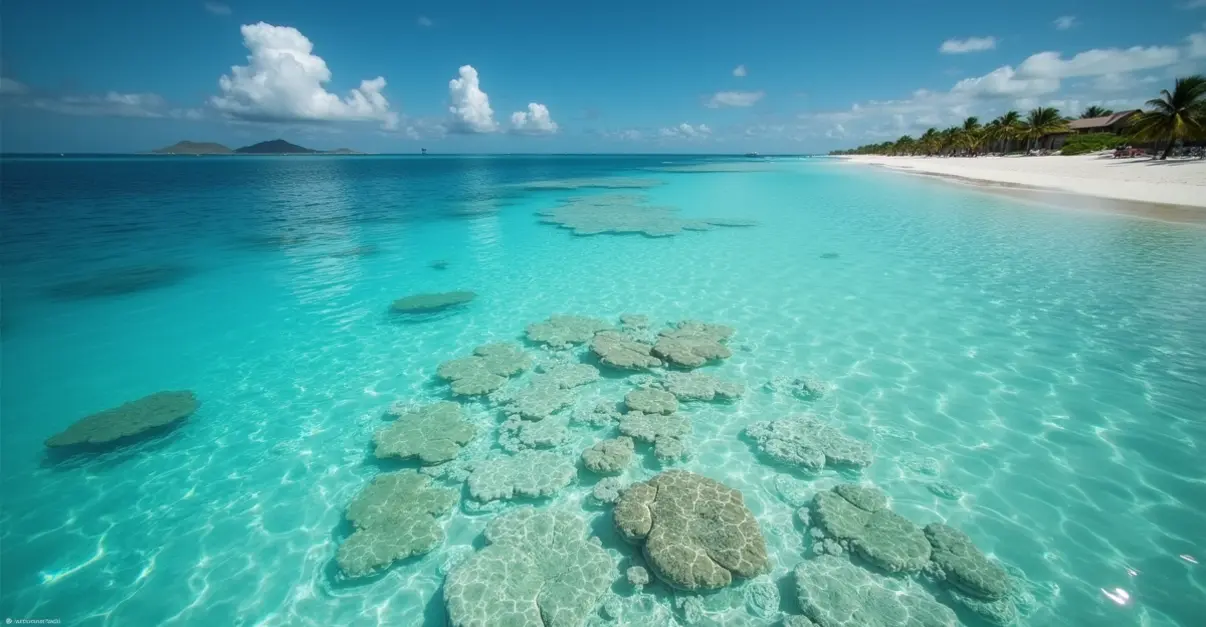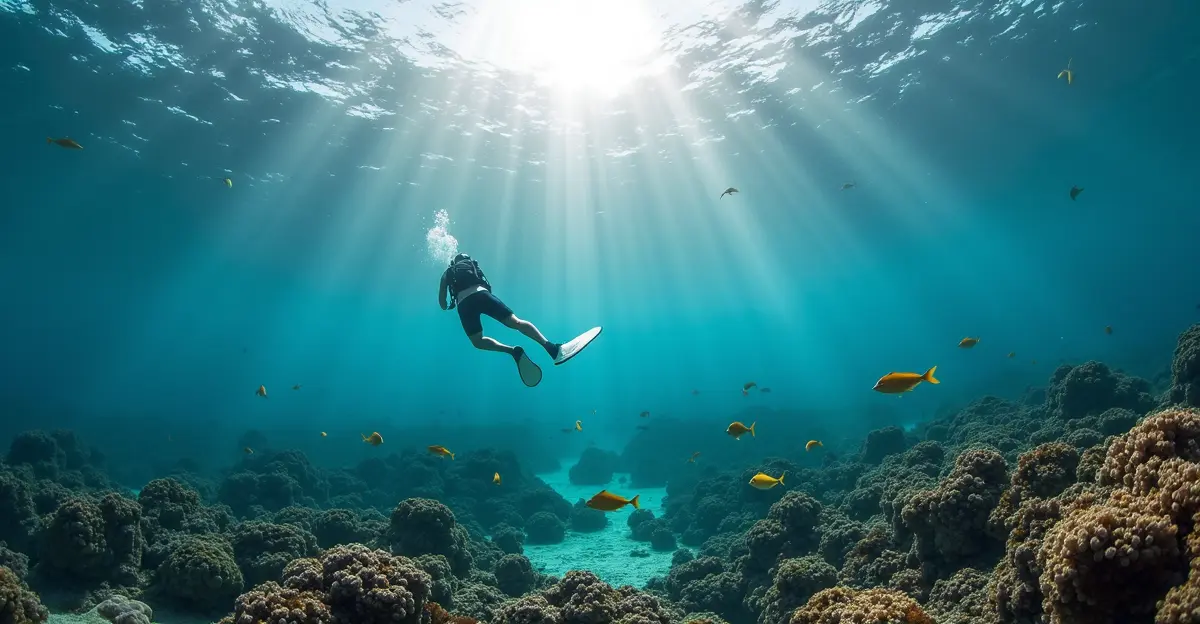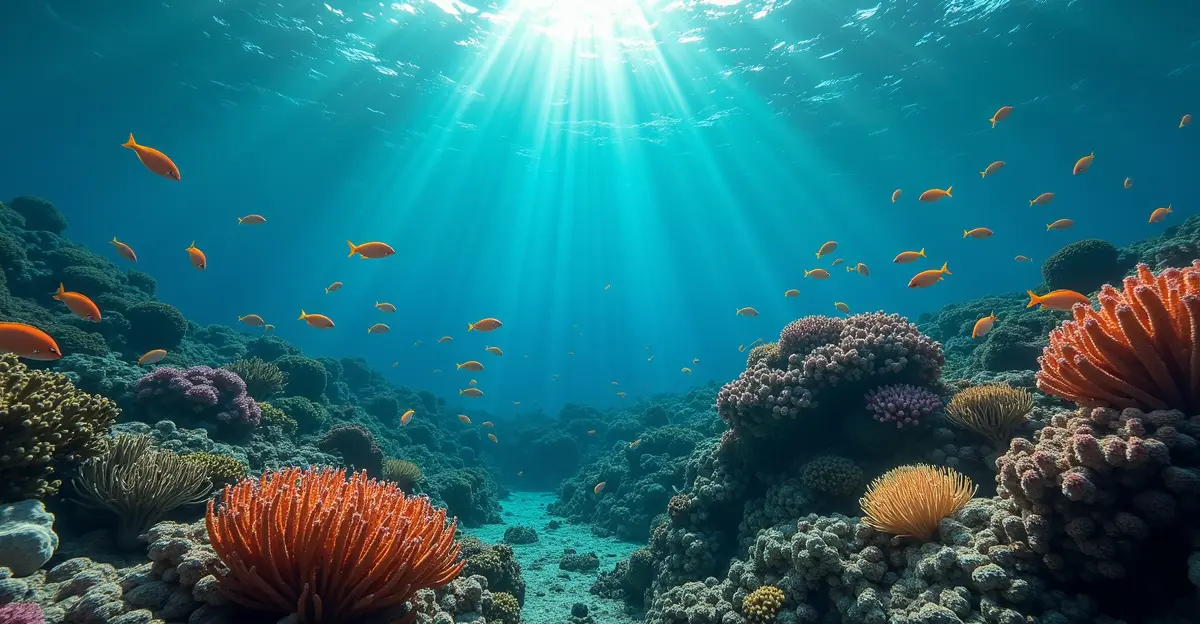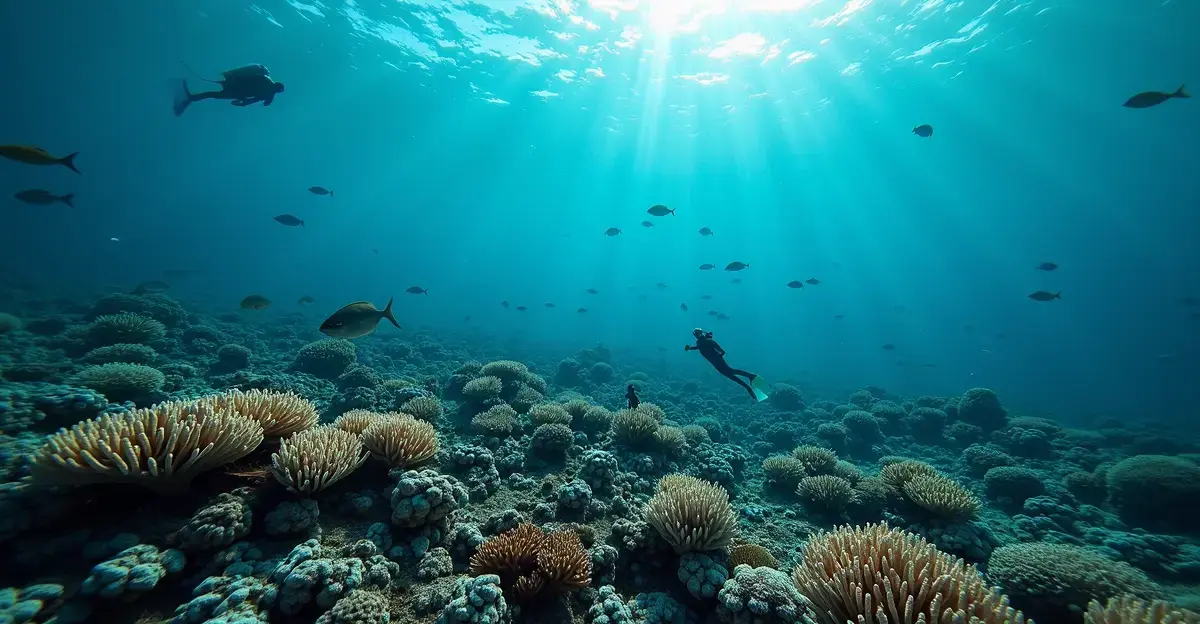Record Coral Loss in Great Barrier Reef
The Great Barrier Reef has experienced its most severe coral cover decline in nearly four decades, according to the Australian Institute of Marine Science (AIMS). New data shows a dramatic reduction in living coral across two-thirds of the reef system over the past 18 months.
Regional Breakdown of Coral Loss
The reef's northern region saw coral cover drop by nearly 25%, from 39.8% to 30%. The central region declined by almost 14%, while the southern region suffered the most significant loss at over 30% reduction. This represents the largest annual decline recorded since monitoring began 39 years ago.
Primary Causes of Decline
Climate change-induced heat stress is the primary driver, causing widespread coral bleaching. Additional factors include damage from cyclones and outbreaks of crown-of-thorns starfish that feed on coral. The 2024 mass bleaching event was the fifth since 2016 and the most extensive ever recorded on the reef.
Coral Cover Explained
Coral cover measures the percentage of sea floor covered by living coral, serving as a key health indicator for reef ecosystems. Bleaching occurs when stressed corals expel symbiotic algae, losing color and vital nutrients. Prolonged bleaching leads to coral death.
Scientific Perspective
"We're seeing increased volatility in coral cover levels," said AIMS leader Mike Emslie. "The reef now oscillates between record highs and lows within short timeframes, indicating an ecosystem under severe stress." While the Great Barrier Reef remains healthier than many global reefs, scientists warn recovery periods between bleaching events are shortening.
Conservation Efforts
Ongoing crown-of-thorns starfish control programs have eliminated over 50,000 predators this year. However, experts emphasize that reducing global carbon emissions remains critical for the reef's long-term survival as ocean temperatures continue to rise.

 Nederlands
Nederlands
 English
English
 Deutsch
Deutsch
 Français
Français
 Español
Español
 Português
Português
